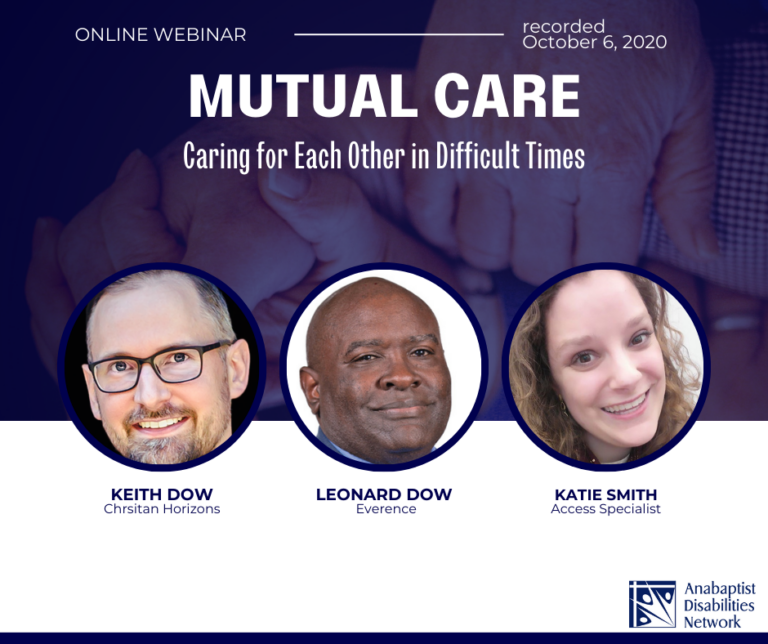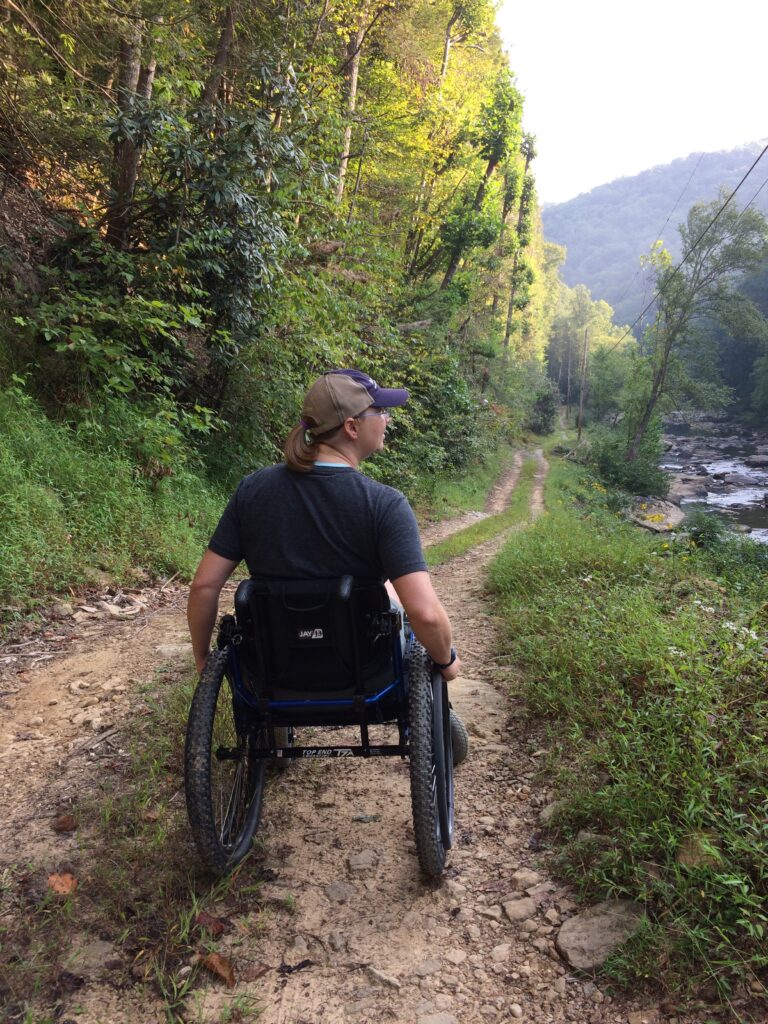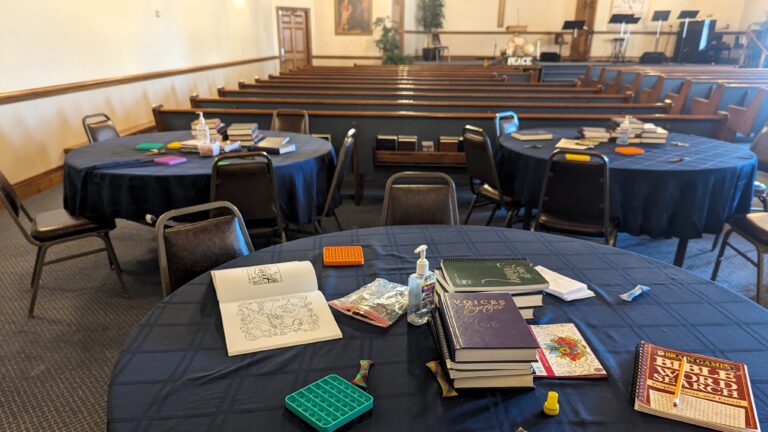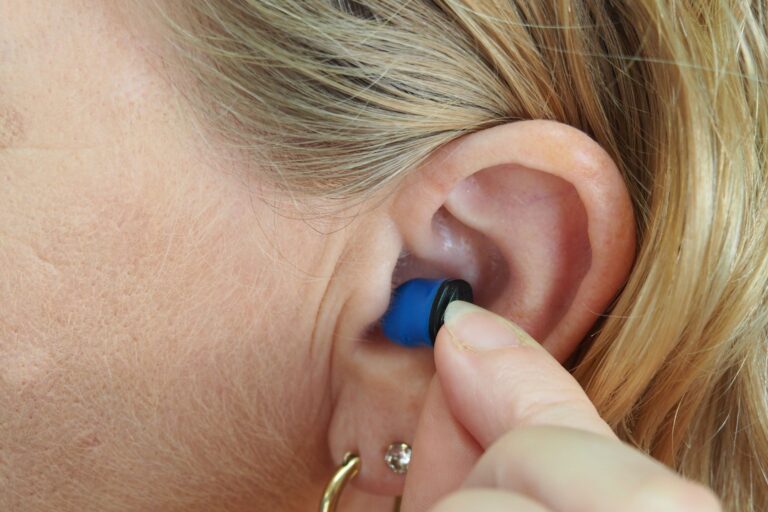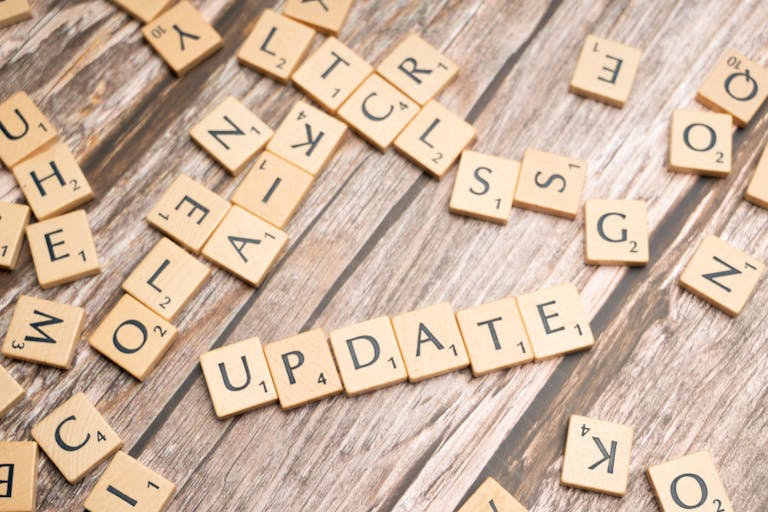Come as You Are? Thoughts on Healing
It seems in church circles, whenever the topic of disability is raised, the conversation turns to healing. Whether we’re examining the stories of Jesus healing people in the gospels or recounting miraculous stories we may have heard or seen in our own life experience there’s a fascination with physical cure through prayer.
The church I attend is doing a month-long series on disability right now and healing has come up frequently. Some of the kids in my parish are doing a book study together as part of this series. (We are reading Out Of My Mind by Sharon Draper.) Many of the themes from Sunday’s sermons are echoed in the book discussion questions.
I was privileged to help lead the kids book study this past week when the topic of healing came up. The characters in the book were praying that an unborn baby would be born healthy and without disability. We talked about the reasons why they might pray that way. In the end we concluded that no matter how the baby was born the parents would love it fully. Its ability or disability wouldn’t matter because it would be their child.
The conversation then turned to whether people with disabilities want to be healed/cured. The kids figured that each disabled person probably has their own feelings about that. You would need to get to know them to find out. (Wise children!)
I then told them two stories from my own life, related to healing, and asked them to guess which I preferred.
In the first, I was meeting with a woman at work to see if our companies might work well together. I met her in the lobby. As we walked to my office, she saw my cane and asked if I had injured myself. I explained that I have a neuromuscular disease. When we got to my office, instead of taking a seat she stood behind me and placed her hands on my neck. She began praying for a miraculous healing cure to happen right then and there. Her prayer was passionate and lasted several minutes. Finally, I told her I didn’t think we were going to have a miracle happen on the spot so maybe we should start our meeting.
The second story was about a day that my legs started strong but, as time went on, they became weaker and weaker. By the afternoon I was holding on to the walls, leaning heavily on my cane, and obviously struggling to walk. One of my coworkers saw me and asked whether he could add me to the prayer list at his church. I said “Yes, thank you! Can I tell you how I pray for myself? I pray that I will be patient when my body slows me down. That I will be calm when my pain makes me cranky. That I will still be a helpful partner to my husband and a good mother to my daughter.” He said that he would add those requests to the church prayer list.
The kids all guessed that I preferred the second interaction. They gave some of the reasons why they thought this way: my coworker knew me already, he asked me if it was okay, it was a conversation that I got to be part of, etc. My favorite answer came from a 10-year-old girl named Rose. She said, “The lady assumed you didn’t like yourself the way you are!”
I wish that all of us had Rose’s insight into questions of prayer and healing in our churches. What would it look like if we welcomed one another as we are, and took the time to learn how to love each other well? Maybe we would all be a bit more comfortable in our own skin and appreciate the diverse and beautiful ways that God has created us.
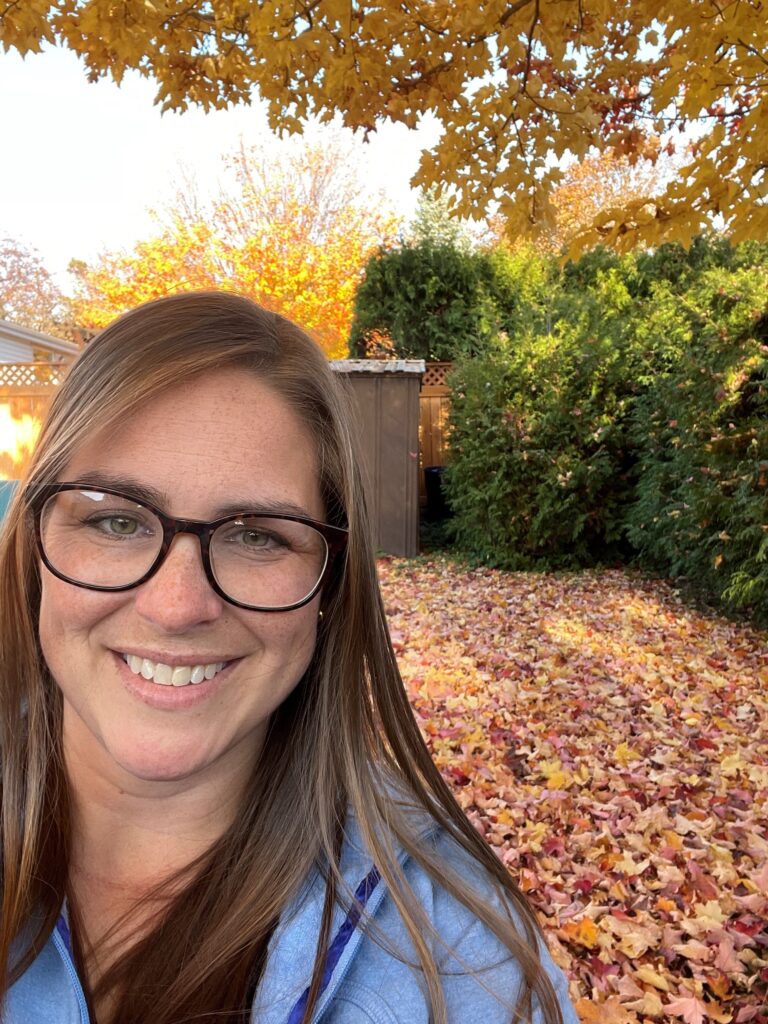
Jasmine Duckworth has been serving with Karis Disability Services (formerly Christian Horizons) since 2004 and has been disabled herself since 2015. As part of her role as community development manager, she often speaks with churches and community groups about disability, accessibility, and ableism. She works closely with self-advocates as they work to improve Karis Disability Services, the developmental services sector, and the broader community. She is a mum, wife, and obsessive knitter. You can read more of her writing at www.disabilityandfaith.org, and she can be reached at jduckworth@christian-horizons.org.



